
Transcription
Edwin J. Hutchison
CDCR No.: P-68859
Housing Unit: 2-N-76L
CSP-SQ / One Main Street
San Quentin, CA 94964
February 17, 2014
Hello, world.
I wish to start this communique by giving thanks to the many volunteers who came to this prison on a regular basis to educate and assist the men here. I'd like to acknowledge two of my college instructors; I'll call them Queen M&M and Mr. C, especially for their solid virtues. They are my unsung heroes.
Nevertheless, as Black History Month comes to an end, I'd like to make a sociological observation about this topic.
As a prisoner, whenever I'm not studying, I tend to watch quite a bit of television, my outlet to society. I mainly watched shows on PBS or other educational programs and movies. However, I find the TV rituals during Black History Month rather lacking, especially when it came to Mr. Martin Luther King, Jr. and his legacy.
Every year starting in mid-January and extending throughout February, coinciding with Martin Luther King, Jr's birthday, we get these perfunctory network news programs and reports about "the slain civil rights leader." However, for me, the most noticeable thing about this annual analysis of King's life is that the last years of his life are totally lost, as if flushed down the memory hole of America.
What I observed is TV viewers always see a very closed loop of familiar file footage (e.g. King fighting segregation in Birmingham, AL (1963), the reciting of his "I have a dream" speech of racial harmony at the rally in Washington D.C. (1963), him marching for voting rights in Selma, AL (1965), and lastly him lying dead on the motel balcony in Memphis, TN (1968)).
Yet, as an alert viewer, I noticed the interesting chronological jump from 1965 to 1968. My question was what happened in that time period? In hindsight, I almost fell victim to the social cognition of this cultural phenomena of media control. The question I pondered was this: Did King take a sabbatical near the end of his life? I wondered. But then I realized that he was, indubitably, giving speeches and organizing as seriously as ever. Nonetheless, I reflected as to how almost all of those speeches were either filmed or taped. Yet none of these orations are ever shown today on television. Why is that?
Is it because on this day that we observe President's Day (2-17) and we have an African-American in office, the issues of "race" and "civil rights" may seem trivial in today's society. But it is, in fact, still crucial in terms of today's social concerns over cognitive and cultural factors regarding "blocked opportunities" and the problems associated with labeling, such as with stereotypes and prejudice.
I make this social theory based on historical, personal, and situational attributions that these "lost films and tapes" of King are never shown because the national news media has never come to terms with what Dr. Martin Luther King, Jr. represented during his final years. I have learned that after the passage of the civil rights act in 1964 and 1965, King began challenging the nation's fundamental social structure and priorities. Dr. King called for radical changes in the way things were organized in our society, such as the economic, class, and the family structure; and he sought ways of redistributing the wealth and power.
As I examined this social phenomena even more, I never considered the situational factors these attitudes by the media towards King may have had upon him and/or how symbolic interactionism affected his self-perception, thereby influencing his behavior during his later years. Within the national media, particularly those in the southern states, to hear King's powerful speeches on racial, cultural, ideological, and biological "cross-pollination" must had seemed totally alien to the social consciousness of "white" America.
Dr. King asked for an economic Bill of Rights that called for massive governmental jobs and training programs in order to rebuild America's plighted inner-cities. King saw a crying need to question and confront a U.S. Congress which had consistently demonstrated its hostility towards the poor by appropriating funds to the military industrial complex with alacrity and generosity, while providing funds to fight poverty with real miserliness.
Over half a century later, King's claims of deep national, racial, and economic division remains a factor, and The New Jim Crow is alive and going about its business. Why? What King spoke about 50 years ago still sounds so very familiar to many African-Americans and other low-income minorities today. So what has really changed?
I ask you, reader. How can this United States of America, a nation of immense wealth, with an African-American president in the White House and a Democratic-led U.S. Congress, continue to accept the perpetuation of poverty? As do most national news media outlets.
As Black History Month is ending, perhaps it is no surprise the media tells us so little about the final years of Dr. Martin Luther King, Jr.'s life.
What do you think? Please feel free to leave any comments or you may contact me directly at my above return mailing address.
Peace,
Zakee
Other posts by this author
|
2019 dec 25

|
2019 aug 28
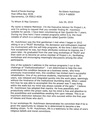
|
2019 aug 26

|
2019 aug 9
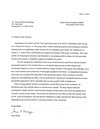
|
2019 jul 13

|
2019 jul 13
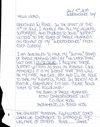
|
More... |
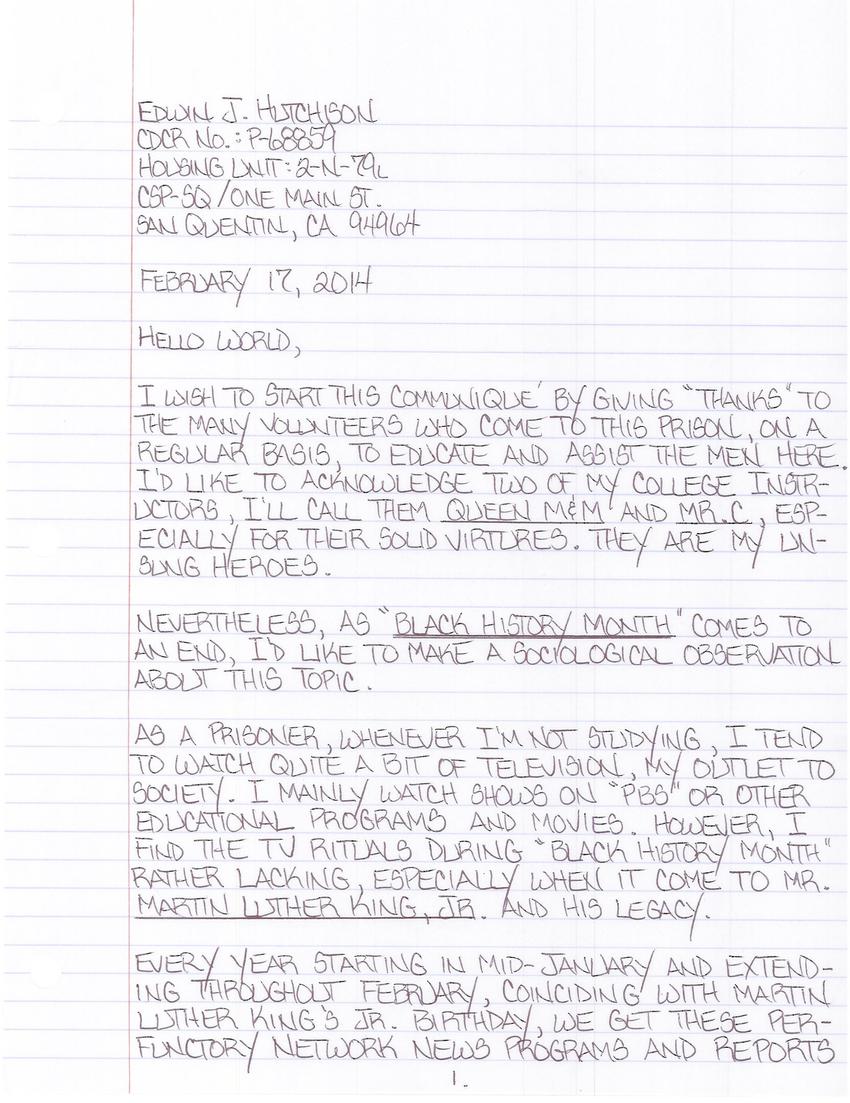
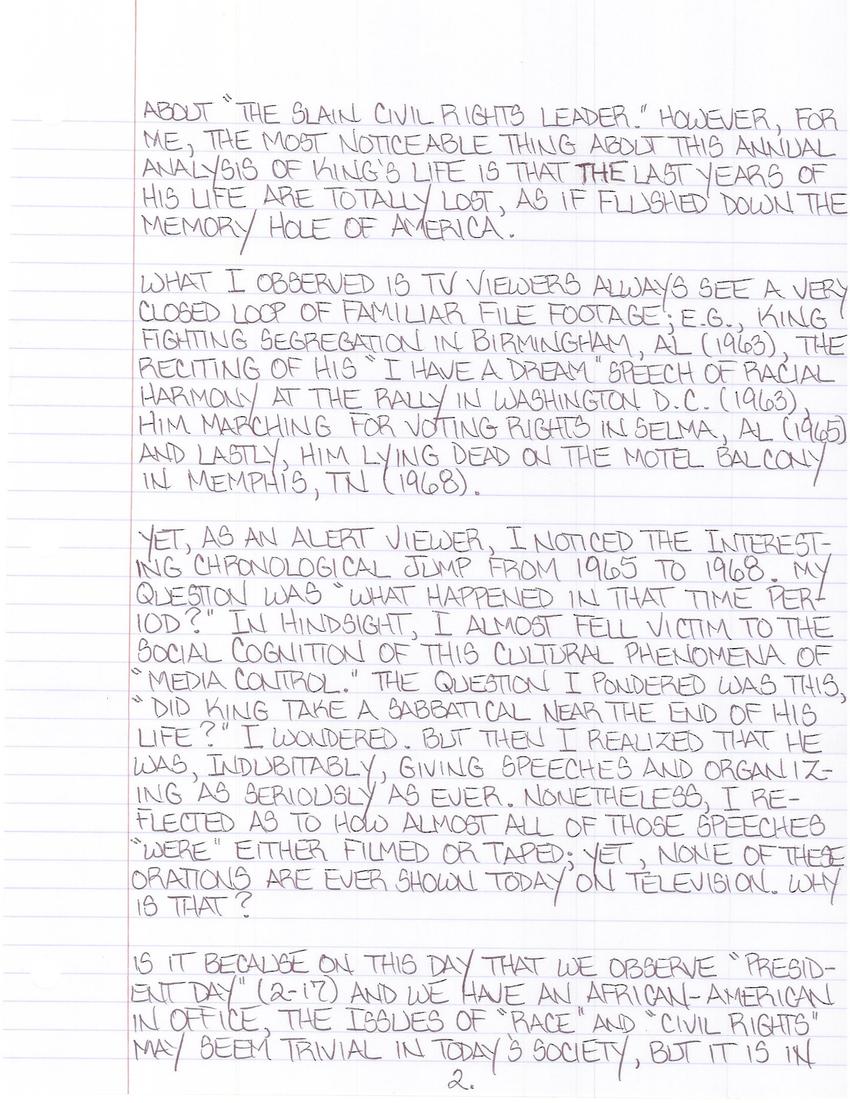
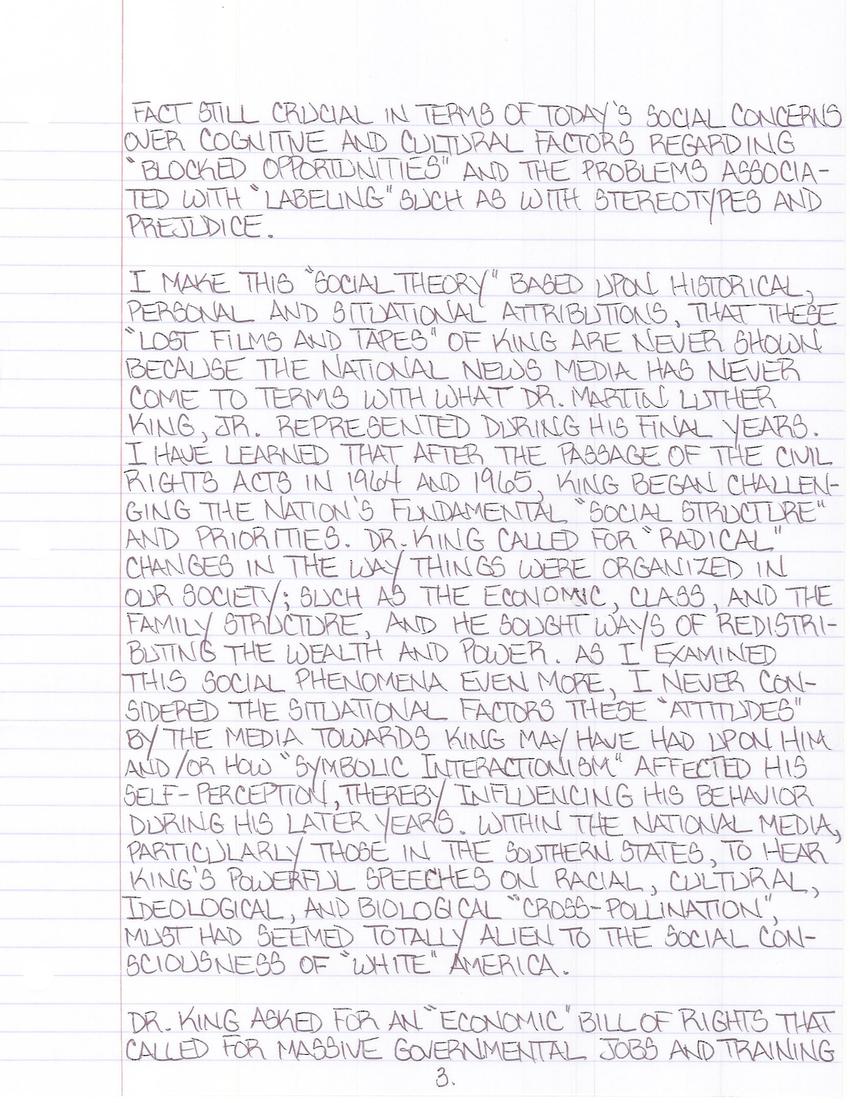
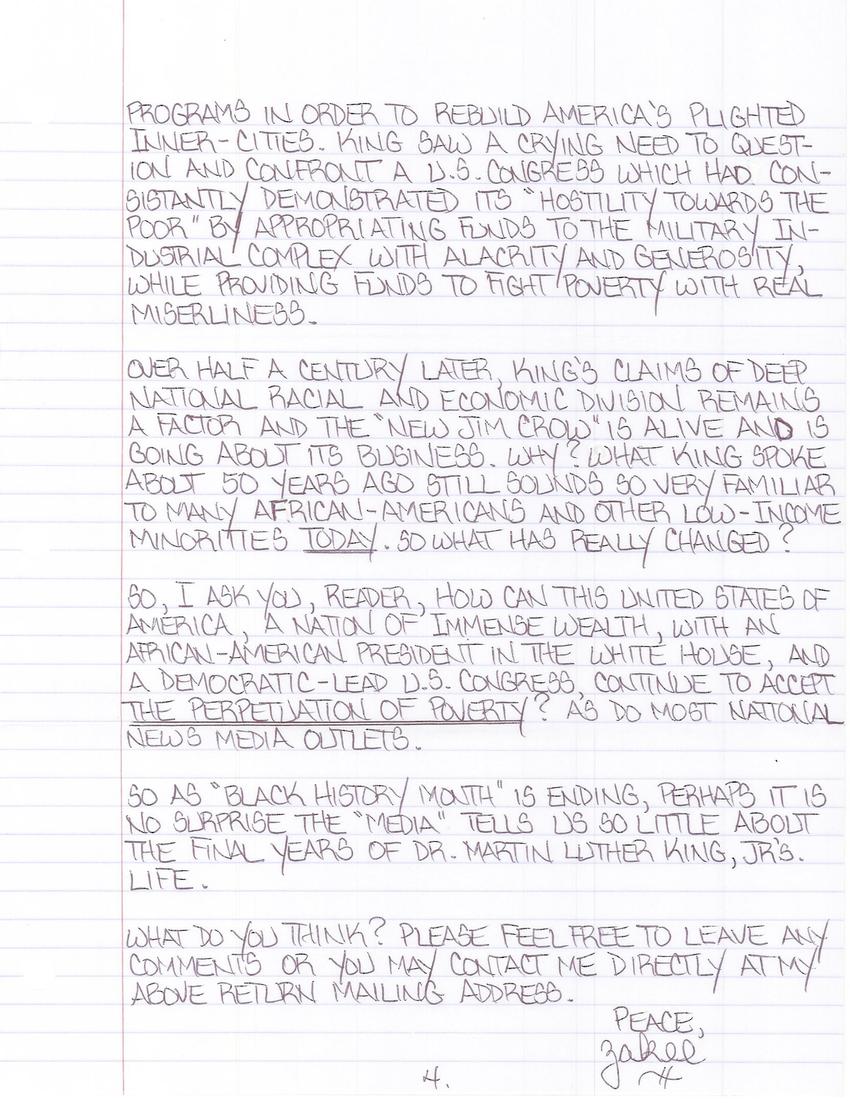

Replies (1)
Thanks for the shout-out!
Mr. C